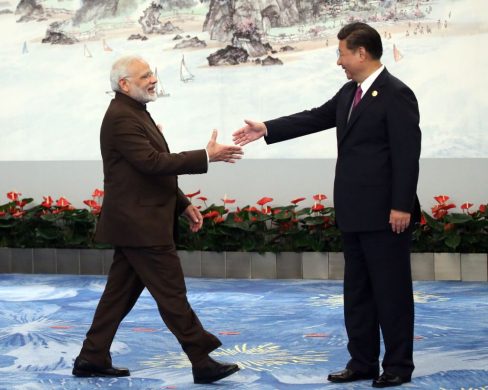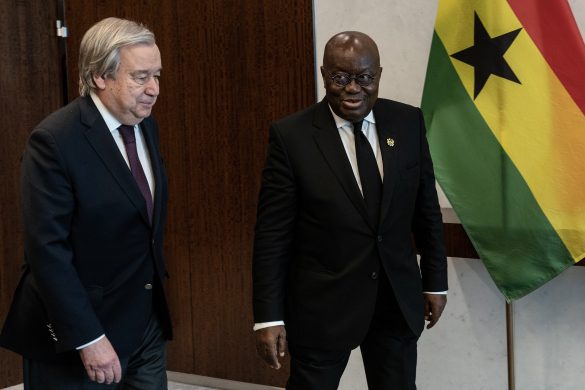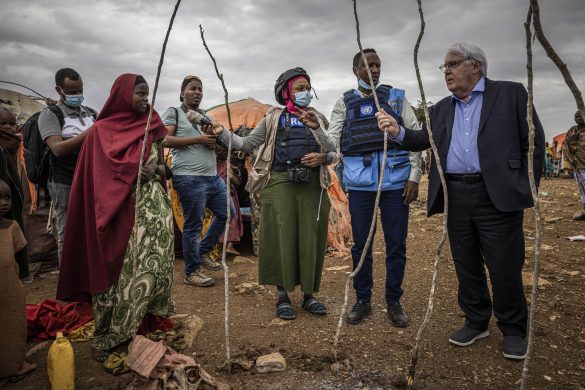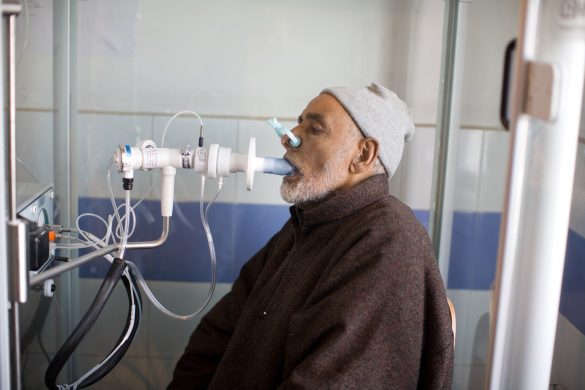Siden De Røde Khmerers voldsstyre (1975-79) har rettigheder til egen jord været et kontroversielt emne i Cambodja. Mange får uden videre besked på at forlade deres hus og landjord – og der er lange udsigter til en afklaring.
PHNOM PENH, 15 March 2013 (IRIN) – Faced with widespread evictions (udsættelser) and opaque (uigennemskuelige) private sector deals, activists in Cambodia are calling on the government to be more open and transparent about land concessions (tildeling af jord), beef up mechanisms for resolving land disputes, and abide by the rule of law.
“Land security, land tenure (ejerskab), is not there,” Ou Virak, president of the Cambodian Centre for Human Rights (CCHR), told IRIN in Phnom Penh.
“A handful [of people] will always be fearful that their land will be grabbed. I think that is an insecurity that needs to be addressed.”
Land rights remains a highly controversial issue in Cambodia, where the communist Khmer Rouge banned private property in the late 1970s in their effort to establish an agrarian society, destroying scores of land documents in the process – se også http://en.wikipedia.org/wiki/Cambodia
It is estimated that at least two thirds of Cambodians, many of them poverty-stricken farmers, lack proper deeds (skøder) to the property they live on. Over the past decade thousands have been forcibly evicted from their homes, while others have fallen victim to land-grabbing (jordtyveri).
Many activists arrested
During this time of rapid economic growth, and with more growth forecast, there has been increasing demand for land in this largely agricultural country of about 15 million people, and rising land tenure insecurity, experts say.
In 2012, 232 people – including land activists, community representatives and those resisting forced eviction – were arrested in relation to land and housing issues.
This is a 144 percent increase over 2011, when 95 people were arrested and 48 were detained, a report by the Cambodian Human Rights and Development Association (ADHOC) said in February.
Since 2003 some 400.000 people have been affected by land grabbing and land disputes in Phnom Penh and 12 other provinces, says rights group Licadho which has been mapping one of the major sources of friction and disputes – economic land concessions (ELCs).
According to ADHOC, the government had designated at least 2.657.470 hectares as ELCs (concessions for agro-industrial development) to private companies as of late 2012 – a 16,7 percent increase on 2011.
In September 2012 the UN special rapporteur on human rights in Cambodia, Surya Subedi, presented a report to the UN Human Rights Council (UNHRC) in which he said ELCs were “benefiting a minority” in an investment climate where companies operate behind a “veil of secrecy”.
“It is often unclear who is benefiting financially from land used for urban development, economic and other land concessions, and large-scale development projects.”
Destabilizing effect
Læs videre på
http://www.u-landsnyt.dk/nyhed/15-03-13/analyse-hvorfor-land-betyder-noget-i-cambodia














